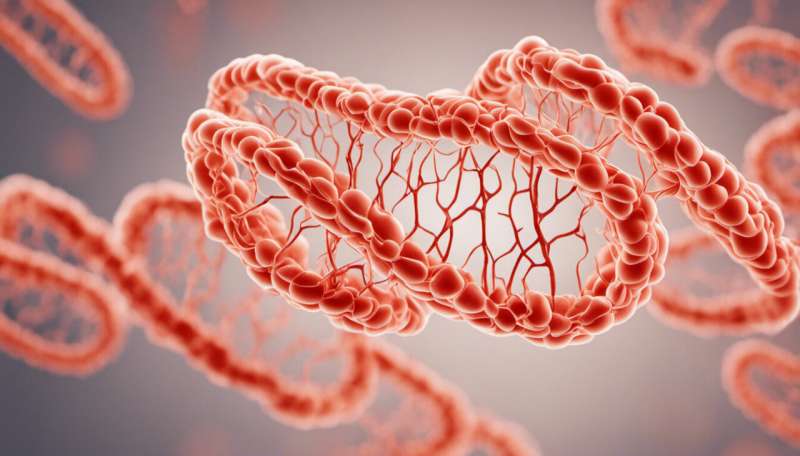by Nienke Wagenaar, Lisanne Baak and Niek Van Der Aa, medicalxpress.com
A few hours after Tom (not his real name) was born, he became restless and did not want to be breastfed. His mother noticed that his left arm and leg were shaking rhythmically—something was not right.
Tom was immediately transferred to the neonatal intensive care unit. An MRI scan revealed that he had suffered a severe stroke. Doctors told Tom’s parents that there was no treatment they could give the child. He would probably be disabled.
Most people think of stroke as something that mainly affects the elderly, but it can also occur in newborn babies. These “perinatal strokes” happen when one of the major arteries to the brain becomes blocked, leading to a lack of blood supply—and hence oxygen—to certain brain areas. About one in 5,000 newborns have a stroke. It usually happens in the first few days after they are born.
Most of the babies will have problems later in life, with the severity of the problems depending on which brain areas were injured. These problems can include muscle tightness in the arms and legs (cerebral palsy), behavior problems, learning difficulties and epilepsy.
No therapy exists for newborns with stroke. Researchers, including our own team at University Medical Center Utrecht, have been working on new treatments, one of which involves stem cells.
Stem cells have the ability to turn into many different cells in the body, and they are little factories of several growth factors (proteins that stimulate the growth of specific tissues). The theory is that if we can get stem cells into the damaged part of a baby’s brain, the stem cells’ growth factors will stimulate the brain to repair itself.

